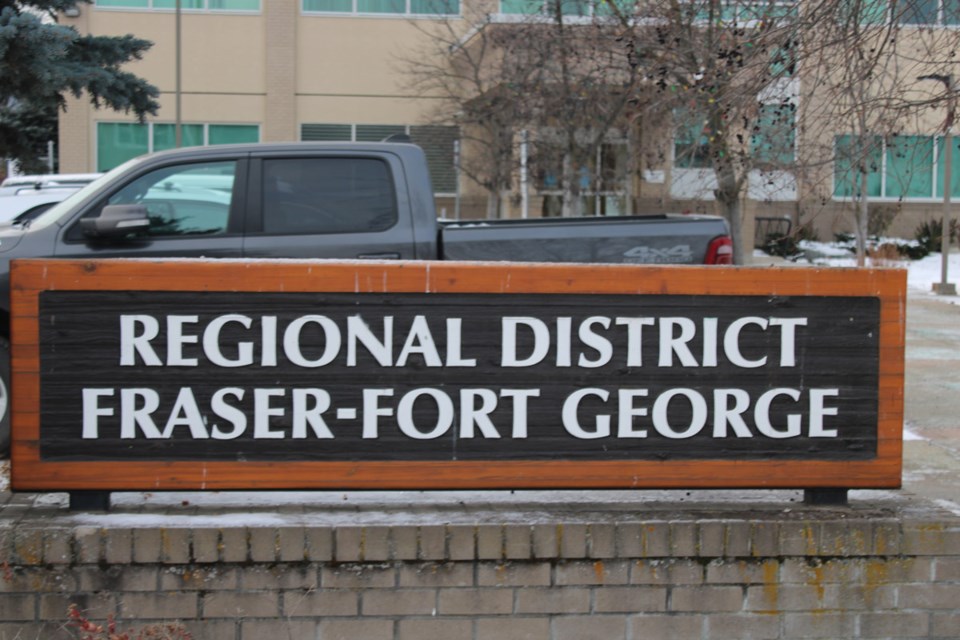Several members of the Regional District of Fraser-Fort George’s Select Committee on Arts, Culture and Heritage Grants expressed a desire to make their decisions in private and disallow the media from attending their meetings during its Friday, May 9 meeting.
Early in the meeting, which was held at the district’s offices in Prince George at 155 George St. with several members calling in via teleconference, committee chair Lara Beckett (Chilako River-Nechako) told those on the phone that a Citizen reporter was in attendance.
Member Tracy Calogheros, the former CEO of the Exploration Place, asked whether their decisions would be made in-camera, meaning behind closed doors.
Beckett told her that the meetings of the committee are public, though the media had not previously attended any.
Director Cori Ramsay, a member of Prince George city council, said she had a similar question when she and her colleagues gathered earlier this year to discuss limited-duration grant applications in a Committee of the Whole meeting.
“There’s no ability within the Community Charter to go into a closed meeting to discuss grant adjudication,” Ramsay said. “So, it is required to be in an open session.”
Later in the meeting, Calogheros advocated for future meetings to be held in-camera, saying she had never adjudicated grants with media being in the room before.
“I find that it’s very chilling on the conversation and I’m very concerned about what this will do to relationships with other cultural organizations down the road where people are looking to work in partnership,” she said.
“I just think this is something that the regional district board should really consider if they’re going to continue to adjudicate grants at a committee level, there have to be a means to do that in camera so that conversations can actually be free and flowing.”
Fellow committee members Sharon Stearns and Megan Brumovsky said they agreed with Calogheros.
Ramsay replied that committee meetings are public under provincial law.
Under part four, division three of BC’s Community Charter, local government council meetings must be open to the public, except when it comes to personnel matters, security, land acquisition or disposal, legal matters, information protected under the Freedom of Information and Protection of Privacy Act, negotiations around the provision of municipal services and the developments of annual reports.
Section 93(a) of the Community Charter states that these rules also apply to council committees, commissions, tax roll review panels, board of variance, advisory bodies, bodies that can exercise local government powers and other bodies proscribed by regulation.
“I will raise it as a concern when we talk about it at board and perhaps there would be advocacy put forward by the regional district just to change the Community Charter to allow those types of conversations to occur in a closed (meeting) because they are confidential in nature and it is quite awkward to have these conversations publicly that can be seen as very critical of the community partners that are applying for funding, but that’s not the intent at all,” Ramsay said. “It’s really to judge the merits of the application.”

